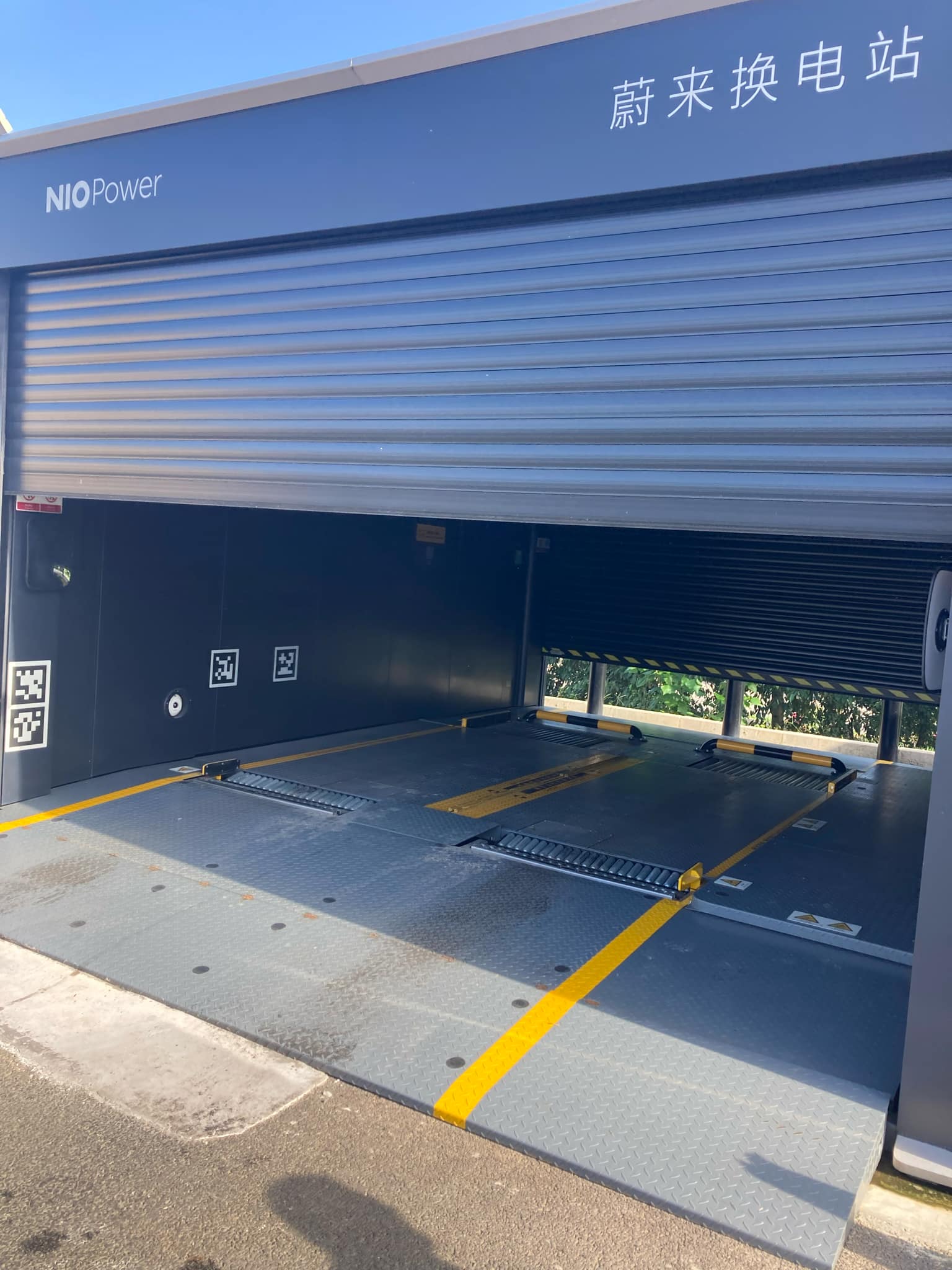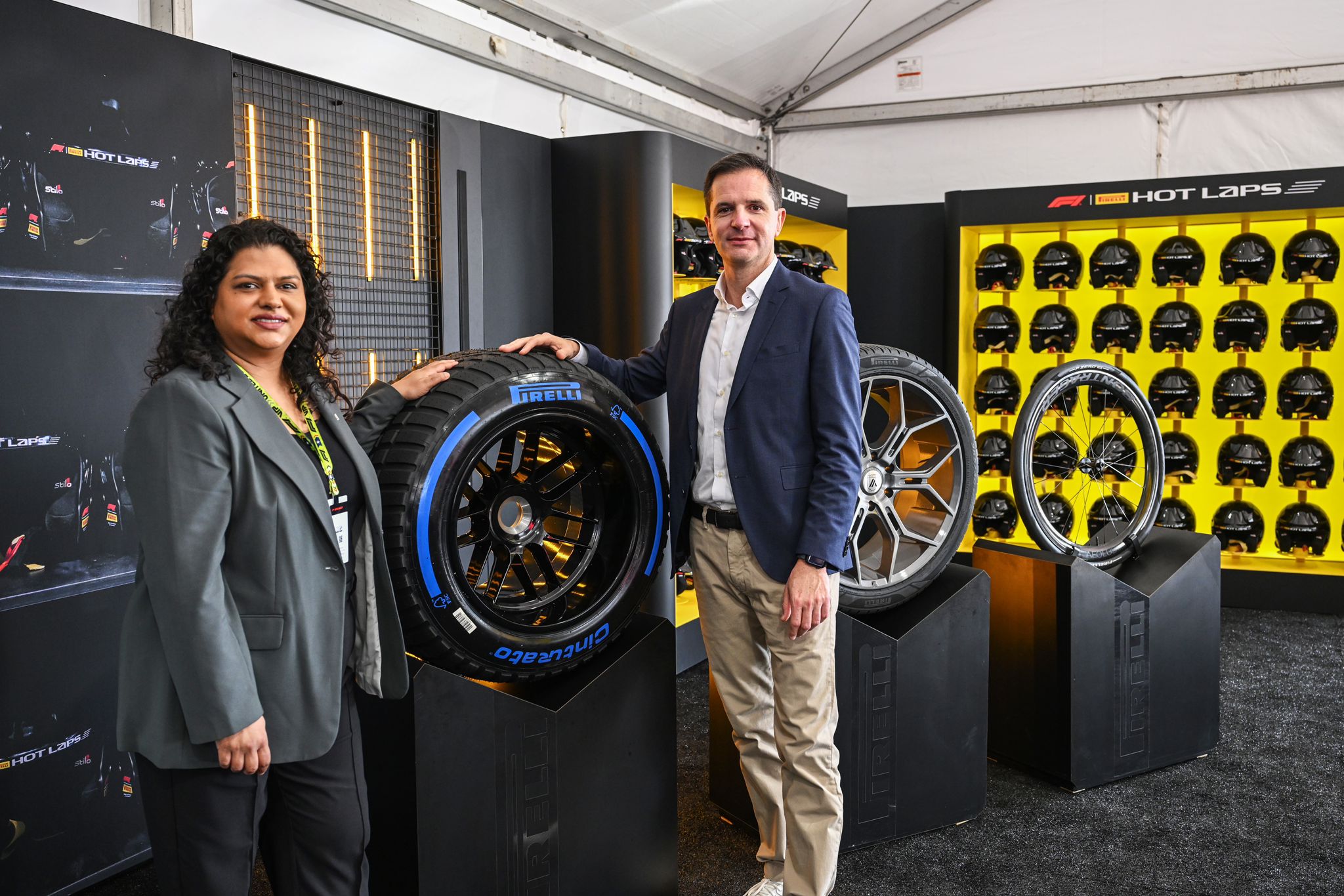Sign up for daily news updates from CleanTechnica on email. Or follow us on Google News!
CleanTechnica readers are well aware that Volkswagen Group is experiencing some strong headwinds of late. Sales of its cars in China have cratered, and they have also dropped sharply in other markets, especially Germany and the US. Based on a number of reports by German media, including Der Spiegel, Automobilwoche, and Handelsblatt, Electrive says that Daniela Cavallo, head of the Works Council that represents workers at Volkswagen, has some strong demands for the company before any factories get shuttered.
Closing Up To Three Factories At Volkswagen
The Board of Management allegedly wants to close as many as three factories, downsize all its other production facilities, divest from some core areas, and implement massive salary cuts. The plan would also affect electric car production. “This is not just saber rattling as a tactic in the current round of in-house wage negotiations. The Management Board really wants all of this and believes there is no alternative,” a leaflet distributed to employees read. The statements were also made at an information event organized by the works council. The cuts Cavallo is referring to were recently presented to the General Works Council, and she says, “All German VW plants are affected by the plans.” If a plant is not closed, there will probably be other cuts. “None are safe!” says Cavallo.
There is no confirmation from VW about these statements. A spokesperson declined to comment on the company’s alleged plans. “The company’s proposals and plans will first be presented internally to the negotiating partners and then discussed,” a spokesperson said. VW is “at a decisive point in its corporate history. The situation is serious and the responsibility of the negotiating partners is enormous,” that person added.
The discussion of three factories closing comes as a surprising to many observers. In September, the Board of Management counted German plants for the first time and calculated that sales of 500,000 vehicles would not be enough to fully utilize the factories. This corresponds to the production of two plants, said VW CFO Arno Antlitz at a Works Council meeting at the time, but now one more is potentially in play. It was assumed that smaller sites in particular, such as the Glass Factory in Dresden and the former Karmann plant in Osnabrück, were on the list for closure. (Osnabrück is currently without a model commitment from 2026.)
Now that three factories are being considered for closure, that suggests one of Volkswagen’s larger factories could be up for discussion. It is not known which one, but it is clear that production of the company’s battery-electric cars will be affected as well. The main factory in Wolfsburg will probably not be closed, which puts the Emden plant, which currently manufactures the ID.4 and ID.7, in jeopardy. It was scheduled to produce only battery-electric cars starting next year. The commercial vehicle factory in Hanover, which makes the ID. Buzz among other vehicles, and the MEB plant in Zwickau, where the ID.3, ID.4, ID.5, Cupra Born, and Audi Q4 e-tron are assembled, will remain in production.
The Volkswagen Works Council warns that jobs outside of production are also at risk. The company management wants to “relocate entire departments and areas abroad or outsource them,” it says. That would put semi-skilled workers and academically qualified employees at risk. Even those who keep their jobs face a possible loss in pay of “around 20 per cent.” Handelsblatt had previously reported that pay cuts of of 10% are likely and bonus payments in the highest pay scale group, “Tarif Plus,” are also likely to be affected. Bonuses based on seniority with the company may also be on the chopping block. All these measures are said to be included on a ‘poison list’ that management has prepared. In addition to the across-the-board pay cuts, zero bonuses or pay increases are likely to happen in the next two years.
A “Week Of Truth” For Volkswagen
There is talk of a “week of truth” for Volkswagen. On Wednesday, the Group will present its business figures for the third quarter. They are expected to be modest following the profit warning issued by the company a few weeks ago. On the same day, negotiations with IG Metall in the next round of collective bargaining will begin. While management is probably preparing the list of factories to be closed, the trade unionists are demanding a 7% wage increase for employees and more money for trainees. Handelsblatt summarizes the situation: “It is unlikely that an agreement will be reached quickly.” That could well be the understatement of the year so far.
In an email to CleanTechnica, Ian Greer, a research professor at Cornell University School of Industrial and Labor Relations who studies the German auto industry, noted that Volkswagen has announced plans to close plants in Germany for the first time in the company’s 87-year history due to slumping sales and increased competition from China. Despite the rhetoric from Volkswagen management, he says it is not only market forces that are causing the company’s current financial problems.
Greer says, “In recent years, Volkswagen has been profitable. However, the company paid out 22 billion euros (emphasis added) to shareholders between 2021 and 2023, above all to the Porsche and Piech families, who hold most of the voting rights. If VW closes three plants, the reason will not only be competitive difficulties, but also the decision to pay out dividends rather than to invest in the existing productive tissue.”
If Greer is correct, it is easy to understand why the Works Council plans to take a tough line with management when it comes to job losses, pay cuts, and factory closings. Those things are hard to swallow when the owners are stuffing billions into their pockets. It almost amounts to a form of corporate looting that takes no account of the value added to the company by its workers over time.
The workers at the Volkswagen factory in Chattanooga, Tennessee, just negotiated a new contract with the company that includes some significant pay raises, but sales of Volkswagen models in America, both gas and electric, are far from robust. Those higher wages could be just an illusion if Volkswagen North America cannot get its own house in order. Could a major car company like Volkswagen actually disappear from the scene? Probably not, at least in Europe where it has strong brand recognition, but its operations in China and North America could be curtailed substantially. It is not immediately clear how or when the company will be able to return to profitability.

Chip in a few dollars a month to help support independent cleantech coverage that helps to accelerate the cleantech revolution!
Have a tip for CleanTechnica? Want to advertise? Want to suggest a guest for our CleanTech Talk podcast? Contact us here.
Sign up for our daily newsletter for 15 new cleantech stories a day. Or sign up for our weekly one if daily is too frequent.
CleanTechnica uses affiliate links. See our policy here.
CleanTechnica’s Comment Policy




